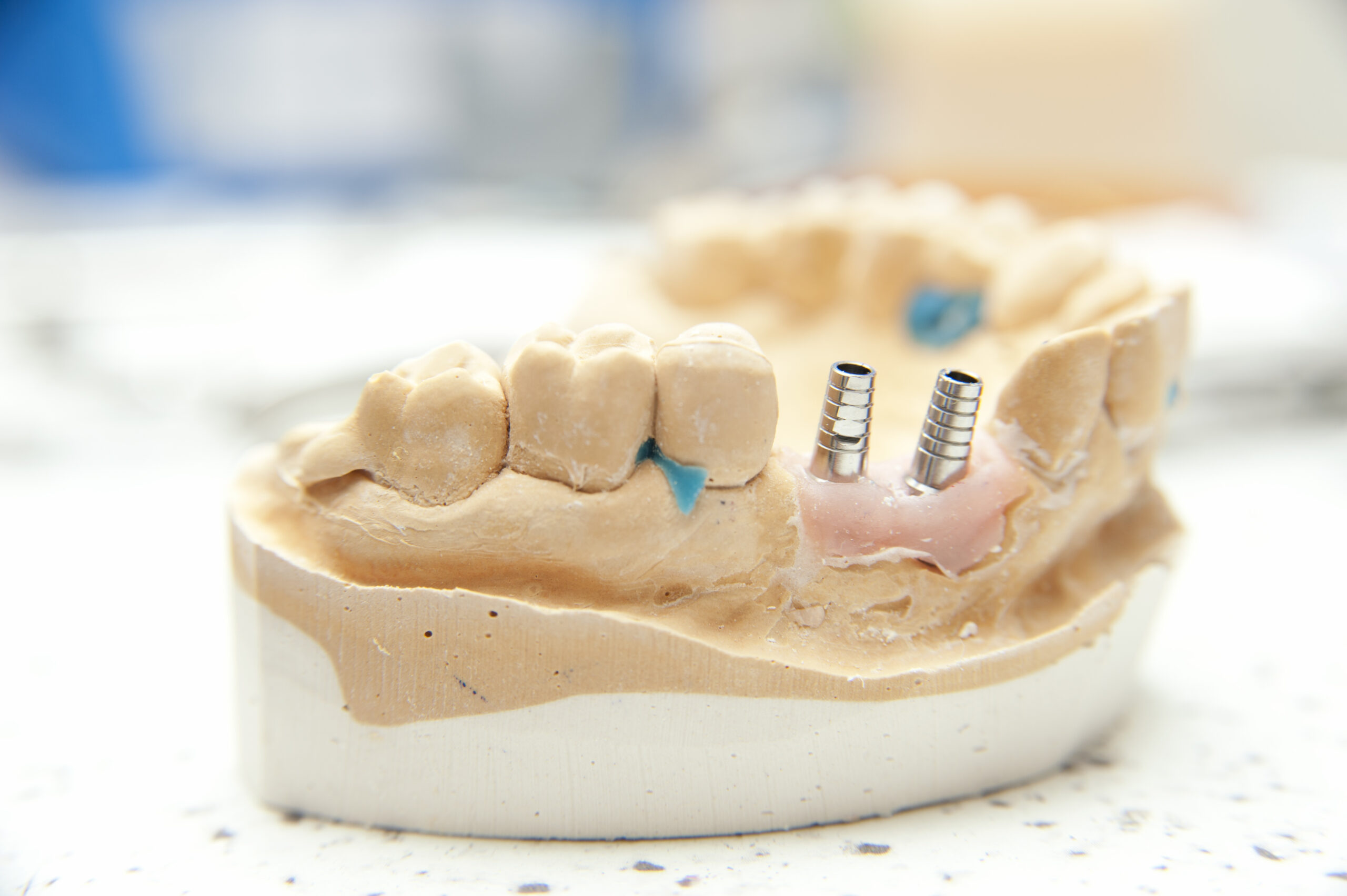Dental implants offer a permanent solution for missing teeth, restoring both function and aesthetics seamlessly. At Vancouver Island Implant Centre, our team of experienced professionals utilizes the latest technology and techniques to ensure each patient receives personalized treatment tailored to their unique needs. With our commitment to excellence and patient-centered approach, we are dedicated to helping you achieve a beautiful, healthy smile that lasts a lifetime.


Dental Implants can best be described as being the most natural way to replace missing teeth. Implants restore proper chewing function so you can enjoy foods that were previously too difficult to eat. You can stop using those sticky and gooey denture adhesives. If you have partial dentures that show unsightly metal clasps they can be eliminated. As well the pressure these clasps place on your existing teeth is removed. This reduces the damage and possible loss of these teeth.
We all know that proper digestion is important to our overall health. What some people forget is that digestion starts in the mouth with proper chewing. Nutritional experts say that chewing each mouthful of food forty times is ideal. People with dentures or sore teeth cannot imagine doing this. When we were children our mothers often said “chew your food”. Mom’s advice is even more important as we get older.
If we do not chew our food properly it passes through our digestive system in chunks and essentially rots as it passed through our digestive system. People that cannot chew properly often reduce the amount of fiber in their diet and we now know this is not healthy.
Patients with dentures have 90% less chewing force. These patients tend to list “digestive problems” as health concerns and are often on medications for these issues. Dental implants bite with a force similar to that of natural teeth and restore your youthful health.
Health is a state of complete physical, mental and social well-being, and not merely the absence of disease or infirmity. ~World Health Organization, 1948


When a tooth is extracted there is a natural consequence of bone loss. This loss of jawbone causes numerous problems for the dental patient as listed below. Unfortunately many of these problems do not give the patient difficulties until so much bone is missing that it becomes difficult correct.
If you look at the photograph (below) of a lower jaw that has undergone bone loss you start to get an appreciation as to how severe this can be. Looking at the jaw you will notice to holes that start off low in height but eventually reach the top surface of the jaw as the bone is lost. These holes are called mental foramina and are the location where the madibular nerve exit the lower jaw. When they near the top surface of the jaw the denture exerts direct pressure on the nerve. It is this physical pinching and squeezing of the nerve that causes severe pain under a lower denture.
Address:
#7 4800 Island Highway North
Nanaimo BC, V9T 1W6
Phone Number:
Email:
Clinic Hours:
Monday – 11:00am – 6:00pm
Tuesday – 9:00am – 3:30pm
Wednesday – 9:00am – 3:30pm
Thursday – 11:00am – 6:00pm
Friday – 9:00am – 2:30pm
Saturday / Sunday – Closed
Visit our Facebook Page!
Our office is located on the Island Highway beside the Inn on Long Lake. You can see us as you drive by on the Island Highway. Driving from the South, you can turn in on the service road directly from the highway Driving from the North, use Rutherford Road and Turn onto Wills Road by Worksafe BC.